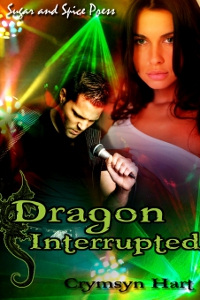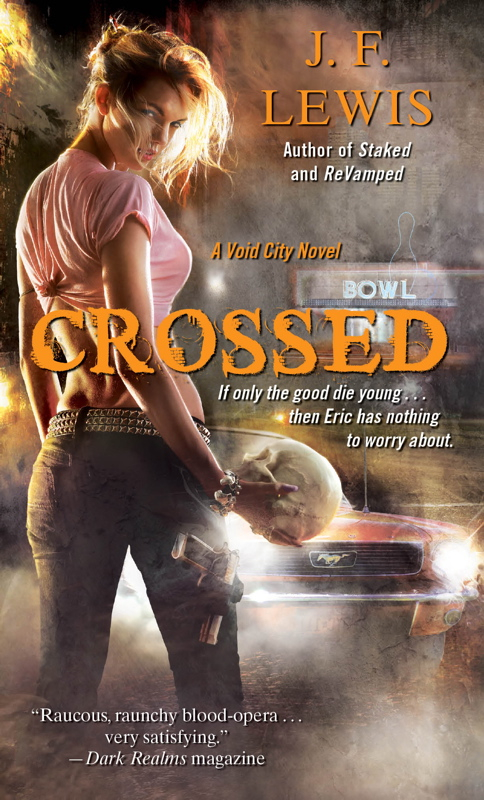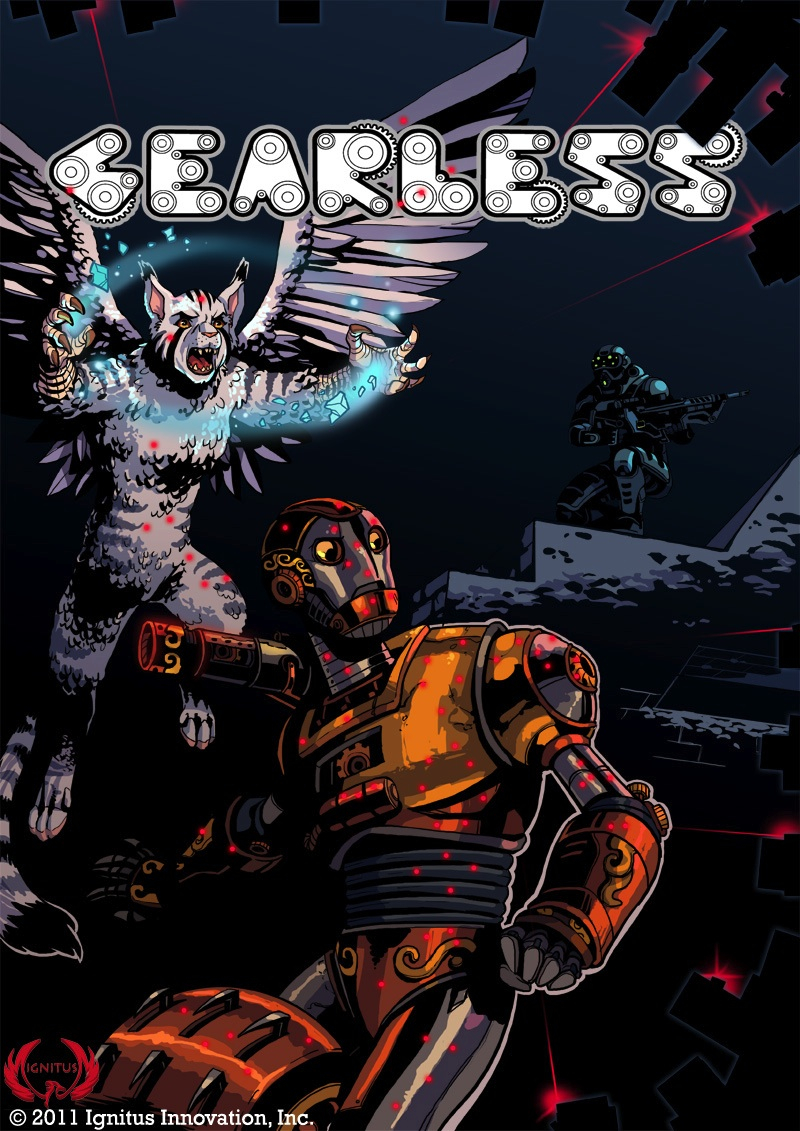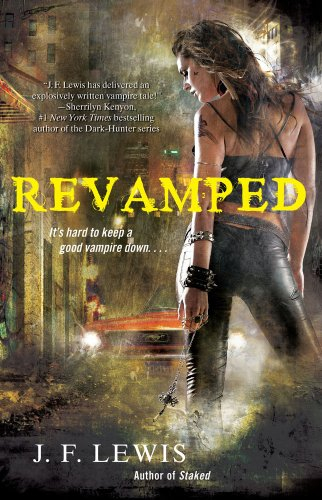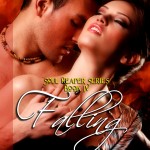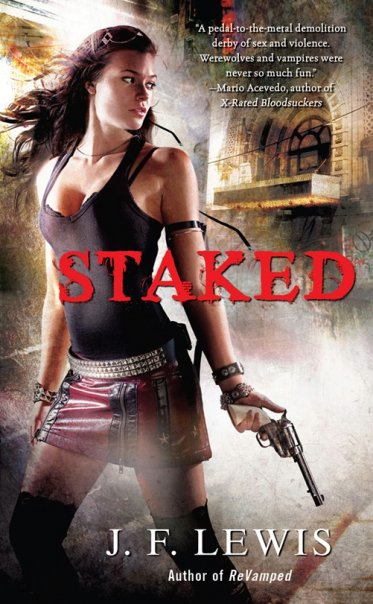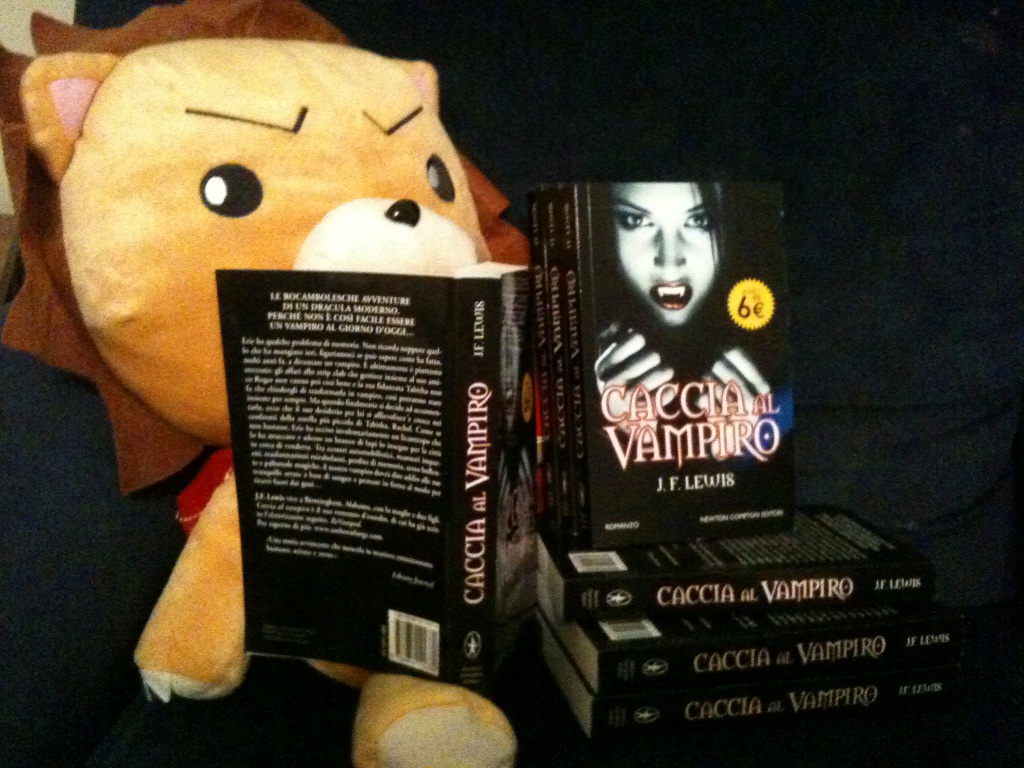 by Michael A. Ventrella
by Michael A. Ventrella
www.michaelaventrella.com
Jeremy Wembley grabbed the broom by the handle. He took forceful steps toward the back of the room where Patrick stood unaware. Patrick paid no notice as Jeremy shortened the distance between them, and seemed completely oblivious to Jeremy’s presence.
Jeremy raised the broom just as Patrick turned around.
“I’ll sweep the stockroom now, Mr. Brenner,” he said.
Jeremy knew that if he continued to impress his boss, it would not be long before he could get that promotion—and soon after, get the real reward he desired: night manager of the Fredricksburg 7-11 on West Norton Avenue.
Unless his arch-nemesis, that kiss-up Eric Stoher got there first…
All the elements are there. There is a goal the main character wishes to reach, and an obstacle that can prevent him. There is character development and conflict.
But, you know, who gives a flying you-know-what?
The fact of the matter is that we want to read stories about people and events that are larger than life. We want to read about heroes to do great things, make clever comments, overcome great odds.
This is nothing new. The ancient Greeks didn’t do plays about the guy who cleaned the stables.
And I am no exception. My books have been about wars and world-shaping events and the heroes whose presence made a difference.
However, at the same time, I have consciously avoided the standard hero that is a mainstay of much of fiction (and especially fantasy). You know the type – the Chosen One from Prophecy who is the seventh son of the seventh son who is the only one who can wield the magic sword Noonah because he has surplus midichlorians and blah blah blah. Maybe this hero starts off the book as a nobody, but he or she ends up as the World’s Greatest Swordsman or Most Powerful Wizard by the end and thus, being superior to us lowly humans, saves the day.
In my two published novels (ARCH ENEMIES and THE AXES OF EVIL) and in a short story in the soon-to-be-released anthology TALES OF FORTANNIS: A BARD’S EYE VIEW, my main character is a teenager named Terin. His problem is that, thanks to a mistake, everyone thinks he’s the Chosen One Who Can Save The Day.
By the end of ARCH ENEMIES, Terin is still running when a fight breaks out and still can barely cast a minor spell. So what makes him the hero?
To me, what makes a real hero is someone who doesn’t have all those skills and yet, through bravery and intelligence, rises above what is expected and does the extraordinary. Terin is the hero because he figures out a solution – he finds a way to solve the problem that is more than merely “hitting the bad guy with the weapon until he falls down.”
I like these kinds of heroes because they remind us that we all can be heroes sometimes.
Oh, I don’t mean to knock down the more traditional heroes: I love Batman and Luke Skywalker as much as the next fan. But when I create a hero for my stories, they tend to be average people put into extraordinary circumstances who must then find something special within themselves to make things right.
In the sequel THE AXES OF EVIL, people are now thoroughly convinced that Terin has wondrous powers, even though he doesn’t. Now he’s confronted with a trio of barbarian prophecies which, he later discovers, contradict each other. On top of this, his liege wants him to get all the barbarians off his land, and a bunch of silly goblins think Terin’s the one who will lead them to victory over the evil humans who oppress them.
These are problems that cannot be resolved by being the biggest fighter. Terin solves them all by the end of the book through his cleverness and resourcefulness, and by being brave and willing to risk it all.
That, to me, is very admirable. It’s what I admire about my real life heroes (Benjamin Franklin and Martin Luther King, to name two). And it’s the kind of hero I like writing about, because I can identify with him and understand his fears and worries.


